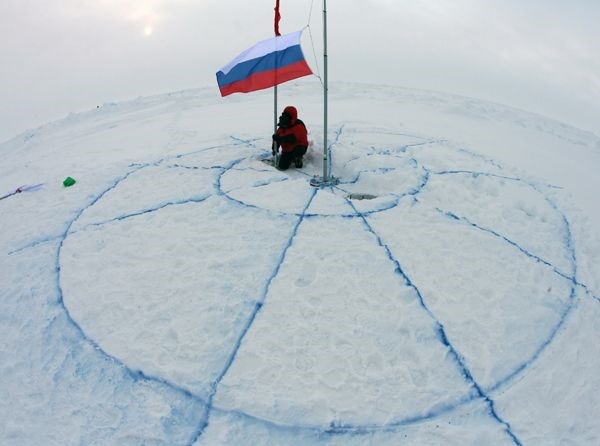State Department: The probability of a conflict between the U.S. and Russia in the Arctic is low
The probability of a conflict between the United States and Russia in the Arctic remains low, according to the State Department, as reported by RIA Novosti, citing comments made at a briefing on the Arctic Council Ministerial on May 8, 2017, by Deputy Assistant Secretary for Oceans and Fisheries for International Environmental and Scientific Affairs, David A. Balton.
According to him, the threat of an armed conflict remains "low in the Arctic compared to many other places in the world." In general, he noted that the Arctic remains a "stable and peaceful" region.
Balton stated that the U.S. successfully cooperates with Russia within the framework of the Arctic Council, despite disagreements in other areas. "We have a venue that has been doing very well in promoting international cooperation among all eight nations involved, including Russia. Whatever other differences may exist between the United States, Russia, and other members of the Arctic Council relating to other parts of the world don’t manifest themselves in the work of the Arctic Council. That has remained a very cooperative body," he said.
The Arctic Council includes eight countries – Denmark, Iceland, Canada, Norway, Russia, the United States, Finland, and Sweden. The next meeting of the Arctic Council’s Foreign Ministers will be held in Fairbanks, Alaska, on May 10-11. Foreign Minister Sergei Lavrov will attend as the Russian representative to the group.
In early May, the United States Coast Guard expressed concern about Russia's growing military presence in the Arctic region. The service’s Commandant, Admiral Paul F. Zukunft, said they were observing a situation there which caused concern since they did not know what the exact purpose was.
The intensification of Russia's activity in the Arctic, including the modernization of military towns, has caused concern among NATO countries. By acknowledging the alliance's representatives, the difference between Russian and Western military capabilities has significantly decreased, and as a result, NATO has stepped up naval exercises to "control Russian aggression."
